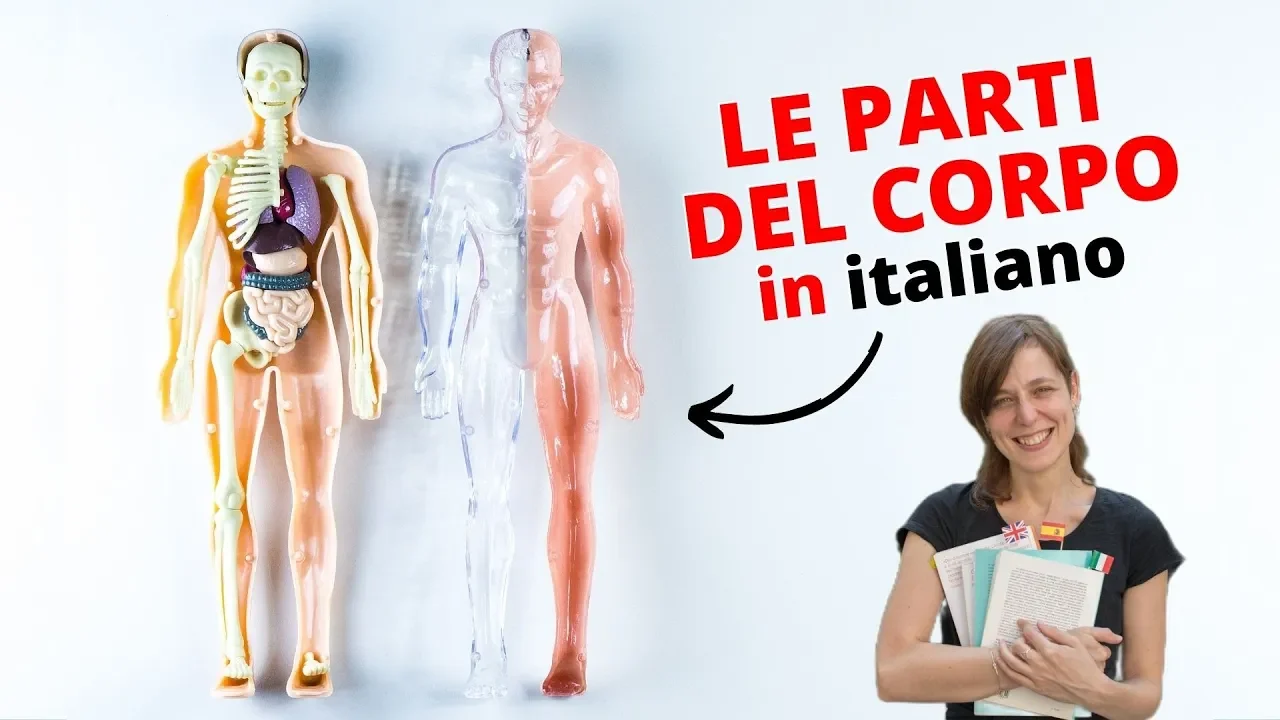
Is it important to study grammar when learning a language?
25 January 2021
What is your learning method?
8 February 2021Can you learn a language if you are already over 30?

Most of my students are over 30, and inevitably the day comes when, while we are having lesson, they say to me: “You know Maria, I don’t have the brain of a child anymore!” and inside me I ask myself: “Why are you telling me this?”
So, the question I ask myself is: “Can you learn a language when you are over 30?”
Of course you can! I myself learned Spanish when I was 25, and English when I was 27… not exactly a child! And I am sure that now, that I am almost 33, I would be able to learn another language.
Working mainly with adults, I realize that learning a language at this age actually has advantages! First of all, motivation and determination.
When a person learns a language with this age they very often have a concrete motivation: for example a former student of mine, Charlotte, needed to learn Italian in order to move to Italy.
Christopher started learning Italian because he had to read books in Italian for his thesis.
Luis, having Italian grandparents, was obtaining a passport in our country and therefore wanted to learn the language.
Kirsten went skiing in Italy every winter and wanted to be able to communicate.
Anne and Michael think that learning a language is useful for memory training, and this is very true! It has been scientifically proven that speaking more than one language protects against diseases like Alzheimer’s.
And then there is passion! Many of my students study Italian because they are simply in love with the language, and this can be a great motivator!
So, try and ask yourself: “Why do I want to study Italian?”
The next question you can ask yourself is: “How would I change if I knew another language?”
From experience I can tell you that knowing another language it changes you. It opens your mind to another culture, a culture that you somehow assimilate by speaking the language.
And this can not only be fun (it is in fact a bit like acting), but it can also lead you to express parts of yourself that you did not know!
Another question is: “Would knowing another language give me more confidence?”
I have noticed, both on myself and on my students, that it does! I have students who have gained courage through learning Italian – learning to speak a new language does indeed require a lot of courage.
And courage is like a muscle: it is something that needs to be trained and the more you train it, the easier it will be to use it in more areas of your life.
Finally, ask yourself: “What could I do knowing Italian that I can’t do now?”
Can I give you an example? You could travel to Italy and immerse yourself more deeply in the local culture, you could listen to songs and watch films in Italian, and you could read books in the original language.
But the best thing is that you could make friends with Italian people (and having international friends is something I find beautiful and enriching!).
What are you waiting for to learn Italian?




